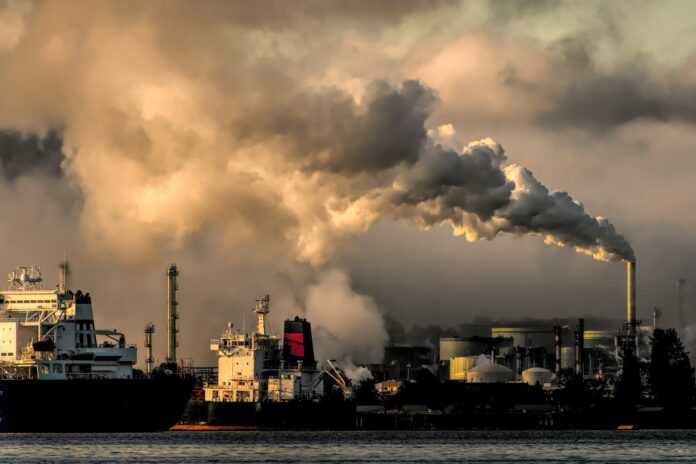Today, the European Council announced the adoption of two pivotal regulations aimed at phasing down fluorinated gases (F-gases) and other substances responsible for global warming and ozone layer depletion. These regulations build upon existing EU legislation, reinforcing limits on the use of these environmentally harmful substances and further reducing their emissions to combat climate change in alignment with the Paris Agreement.
Alain Maron, the Minister of the Government of the Brussels-Capital Region, responsible for climate change, environment, energy, and participatory democracy, highlighted the significance of the new rules in protecting the environment and promoting sustainable alternatives. He credited the collaborative efforts of Czech, Swedish, and Spanish predecessors for their invaluable work in advancing this crucial legislation, bringing the EU closer to its ambitious climate targets.
Fluorinated Gases:
Under the newly adopted rules, the consumption of hydrofluorocarbons (HFCs) is set to be completely phased out by 2050. Additionally, the production of HFCs, measured in production rights allocated by the Commission, will be progressively reduced to a minimum (15%) starting from 2036. The regulations establish a comprehensive ban on placing products and equipment containing HFCs on the market for certain categories where feasible alternatives exist, such as specific domestic refrigerators, chillers, foams, and aerosols.
The timeline for the complete phase-out of F-gases in air conditioning, heat pumps, and switchgears is as follows:
- 2032 for small monoblock heat pumps and air conditioning (<12kW)
- 2035 for split air conditioning and heat pumps, with earlier deadlines for specific types with higher global warming potential
- 2030 for medium-voltage switchgears (up to and including 52 kV)
- 2032 for high-voltage switchgears (>52kV)
The European Commission will conduct a comprehensive review of the regulation’s impacts and effects, including an assessment of alternative availability, by January 1, 2030. Additionally, by 2040, the Commission will evaluate the feasibility of the 2050 phase-out date for HFC consumption and assess the ongoing need for HFCs in specific sectors.
Ozone-Depleting Substances:
The regulations also include strict measures to ban ozone-depleting substances (ODSs) for nearly all uses, with limited exemptions. An exemption permits the use of ODSs as feedstock to produce other substances, with the Commission regularly updating a list of banned ODSs for this purpose. The regulations also allow the use of ODSs under strict conditions, such as process agents, in laboratories, and for fire protection in special applications like military equipment and airplanes.
Furthermore, the regulations extend the requirement to recover ODSs for destruction, recycling, or reclamation to additional sectors, including building materials (insulation foams), refrigeration, air conditioning and heat pump equipment, equipment containing solvents, fire protection systems, fire extinguishers, and other equipment when technically and economically feasible.
The European Union continues its commitment to environmental sustainability, taking substantial steps to combat climate change and protect the ozone layer through these comprehensive and forward-looking regulations.




